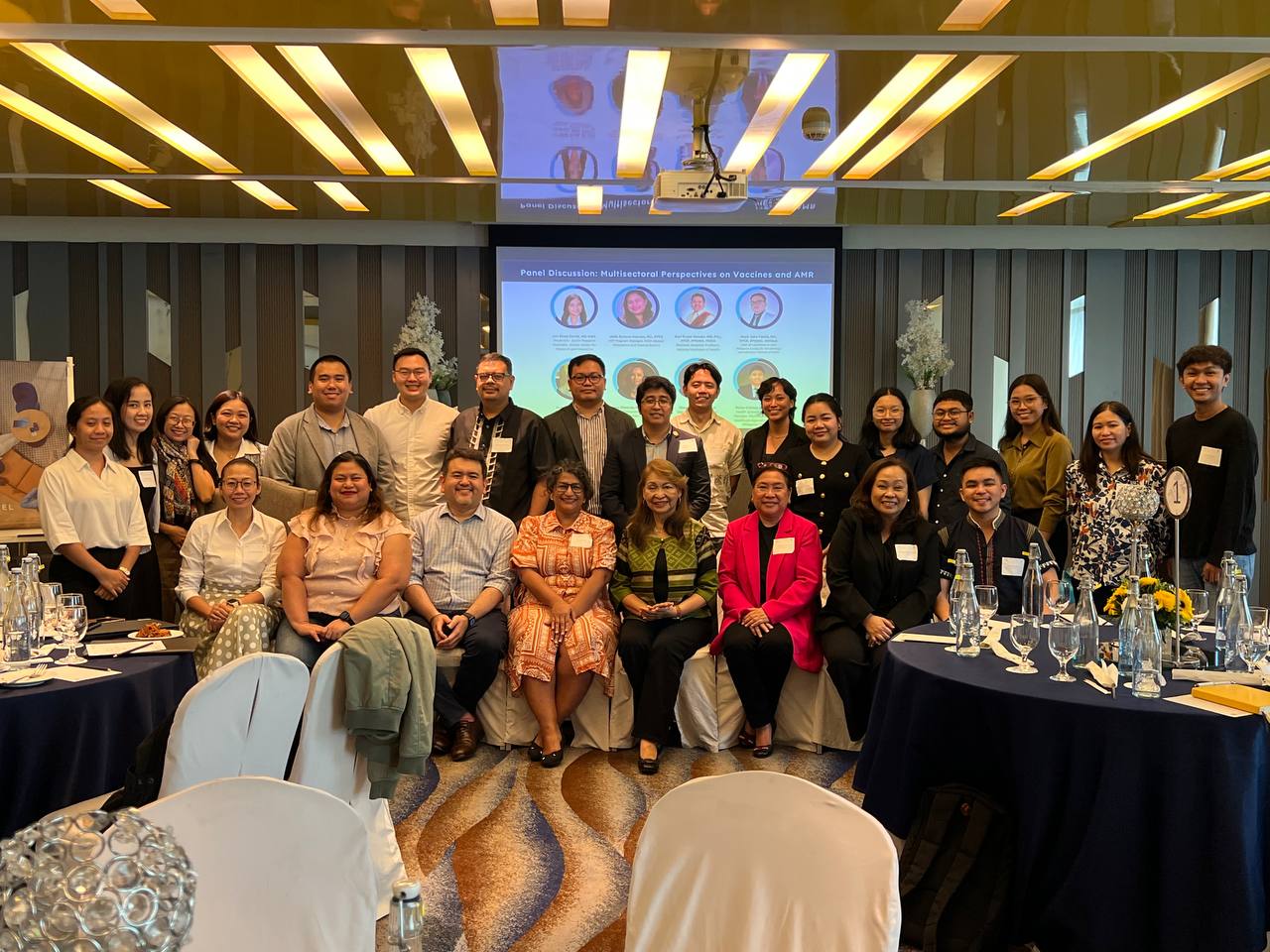
Understand and mitigating the influence of extreme weather events on HIV outcomes: A global investigation
The Philippines is at the center of two converging public health crises: a rapidly growing HIV epidemic and escalating climate-related disasters. Between 2010 and 2023, the country recorded a 418% increase in new HIV infections and a 538% rise in AIDS-related deaths, marking one of the fastest-growing HIV epidemics in the Western Pacific region. At the same time, the Philippines is increasingly vulnerable to typhoons, floods, and droughts, which are projected to intensify with climate change. While both crises are urgent, little is known about how extreme weather events directly affect HIV prevention, treatment, and care outcomes.
This research seeks to close that critical knowledge gap by examining the impact of climate emergencies on people living with HIV, with particular attention to vulnerable groups such as men who have sex with men, transgender individuals, and people who inject drugs—who account for the majority of new infections and face unique barriers to care. By investigating how these overlapping challenges shape health outcomes, the study aims to generate evidence for climate-adaptive HIV care strategies and guide policies that protect at-risk populations during environmental crises.
-

The Unseen Link: Vaccines and Antimicrobial Resistance in the Philippine Context
Antimicrobial resistance is already claiming lives, and the global pipeline for new antibiotics is shrinking. In August 2025, experts gathered to explore a critical question: Can vaccines become a frontline weapon against AMR? The science is clear—by preventing infections, vaccines reduce antibiotic use and slow resistance. But translating this into action means confronting data gaps, political barriers, and financing challenges. As one expert noted: "When we vaccinate, we reduce the frequency of these diseases. That means fewer antibiotics—used and misused." With no country in the Global South yet integrating vaccines systematically into AMR strategies, the Philippines has a chance to lead—if stakeholders can move from consensus to action.
-

Advancing vaccine uptake to mitigate antimicrobial resistance (AMR) in low and middle-income countries of South or South-East Asia
This project explores how strengthening vaccine uptake can serve as a key strategy to mitigate antimicrobial resistance (AMR) in the Philippines and across South and South-East Asia. By reducing the burden of vaccine-preventable diseases and the unnecessary use of antibiotics, the study aims to provide actionable recommendations for national and institutional stakeholders to better integrate vaccination initiatives into AMR control efforts, ultimately contributing to stronger, more resilient health systems.
